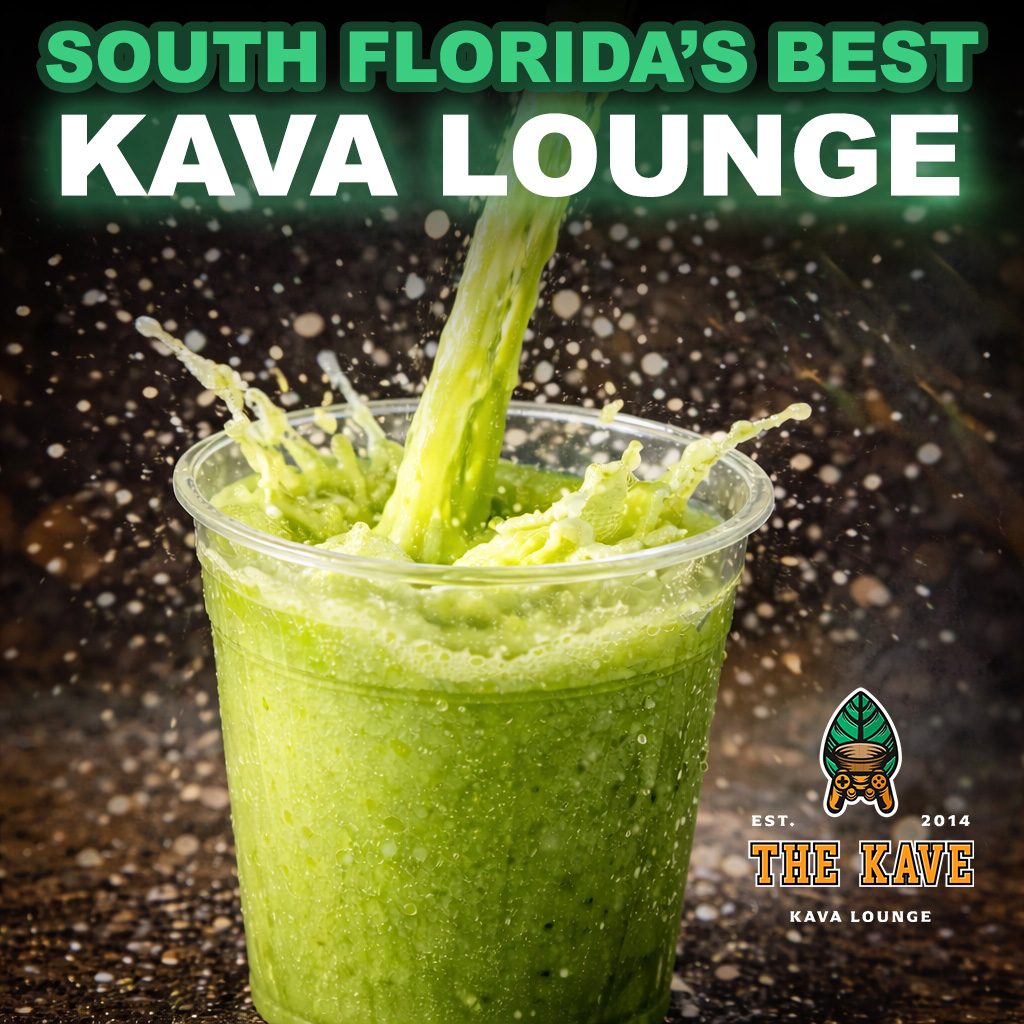Short answer: No — recreational marijuana (weed) is not legal in Florida. However, Florida allows medical cannabis for qualifying patients under strict state regulation.
Below is a full breakdown of Florida’s laws, recent developments, penalties, and what to watch for going forward.
Table of Contents
- Recreational vs. Medical: The current legal status
- How the medical cannabis program works
- Possession, penalties & enforcement
- Recent changes and proposed reforms
- Risks, caveats & federal conflicts
- What’s next: toward legalization?
- FAQs
- Bottom line
1. Recreational vs. Medical: The Current Legal Status
Recreational use of marijuana remains illegal under Florida law.
The only legal use is for patients who qualify for medical marijuana under the state’s medical cannabis program.
In the November 2024 election, Floridians voted on a constitutional amendment (Amendment 3) to legalize recreational adult use, but it failed to reach the required 60% supermajority, keeping the current laws in place.
2. How the Medical Cannabis Program Works in Florida
a) Legal foundation & history
Florida voters approved Amendment 2 in 2016, which legalized medical cannabis for qualified patients with specific medical conditions.
Since then, the state legislature and Department of Health have built a framework for how medical marijuana is prescribed, dispensed, and regulated.
Over time, rules evolved to allow smokable cannabis under certain conditions and to limit supply periods for safety and monitoring.
b) Qualified patients, physicians & conditions
To obtain medical cannabis, a patient must:
- Be a Florida resident (permanent or seasonal)
- Be certified by a qualified physician as having a qualifying condition
- Be registered in the Medical Marijuana Use Registry
Qualifying conditions include cancer, epilepsy, glaucoma, HIV/AIDS, PTSD, ALS, Crohn’s disease, Parkinson’s disease, multiple sclerosis, chronic pain, and other comparable conditions.
Physicians may recommend smokable cannabis if they document that other methods were ineffective.
c) Dispensing, limits & supply
Medical cannabis is dispensed only through state-licensed Medical Marijuana Treatment Centers (MMTCs).
The law limits how often doctors can certify supply (typically in 35- or 70-day increments).
Public use of marijuana remains prohibited, and all use must occur on private property.
Federal law still classifies marijuana as illegal, which means patients cannot carry it across state lines.
3. Possession, Penalties & Enforcement for Non-Medical Use
Since recreational use is illegal, possession without medical authorization carries criminal penalties.
a) Possession thresholds & penalties
- 20 grams or less: Misdemeanor, up to 1 year in jail and a $1,000 fine.
- More than 20 grams: Felony, up to 5 years in prison and a $5,000 fine.
- Larger amounts bring heavier felony charges and possible mandatory minimum sentences.
- THC concentrates and edibles can result in more severe penalties.
b) Sale, distribution, and proximity laws
Selling or distributing any amount is a felony, and penalties increase if offenses occur within 1,000 feet of schools, parks, or colleges.
Possession of paraphernalia is also a misdemeanor offense.
c) Local enforcement differences
Some counties and cities issue civil citations instead of arrests for small-amount possession, including Miami-Dade, Broward, Palm Beach, Orlando, and Tampa.
However, state law still classifies marijuana possession as a criminal offense.
4. Recent Changes & Proposed Reforms
a) Smokable cannabis authorization
Patients can now legally use smokable cannabis if their physician determines it is medically appropriate and documents prior treatment attempts.
b) Medical card suspension for drug violations
Under a recent Florida law (SB 2514), medical marijuana patients may lose their registration if they are convicted of certain drug offenses.
c) Future legalization efforts
Advocates are working on a revised recreational legalization amendment for the 2026 ballot.
Although the 2024 initiative fell short, polls suggest growing public support for full legalization.
5. Risks, Caveats & Federal Conflict
- Cannabis remains illegal under federal law as a Schedule I controlled substance.
- Patients cannot transport marijuana between states, even those where medical use is legal.
- Employers may still enforce zero-tolerance drug policies.
- Landlords and local authorities may restrict use on their property.
- Banking and taxation for cannabis businesses remain complex due to federal restrictions.
- Laws continue to evolve, so staying informed is critical for both patients and providers.
6. What’s Next: Toward Legalization?
Public opinion continues to trend toward favoring recreational legalization in Florida, but constitutional amendments require a 60% supermajority to pass.
Advocates plan to refine their proposals to address concerns about public safety, regulation, and taxation.
The next few years are expected to be pivotal in determining whether Florida joins other states that have legalized adult use.
7. Frequently Asked Questions (FAQs)
Can I grow cannabis plants at home?
No. Home cultivation remains illegal. Only licensed facilities can grow marijuana.
Can medical patients use marijuana in public?
No. Use must occur on private property, and public consumption is prohibited.
Do local laws differ by county?
Yes. Some counties issue citations instead of criminal charges for small amounts, but statewide laws still apply.
Is CBD or hemp legal?
Yes, hemp-derived products with less than 0.3% THC are legal under federal and state law, but must follow labeling and safety regulations.
Can medical patients lose their cards?
Yes. Patients convicted of certain drug crimes risk suspension or revocation of their medical marijuana license.
8. Bottom Line
- Recreational marijuana is still illegal in Florida.
- Medical marijuana is legal for qualified patients under strict regulation.
- Penalties for unauthorized possession can be severe.
- A new recreational legalization effort is underway for 2026.
- Always verify the latest laws before buying, possessing, or using cannabis in Florida.





